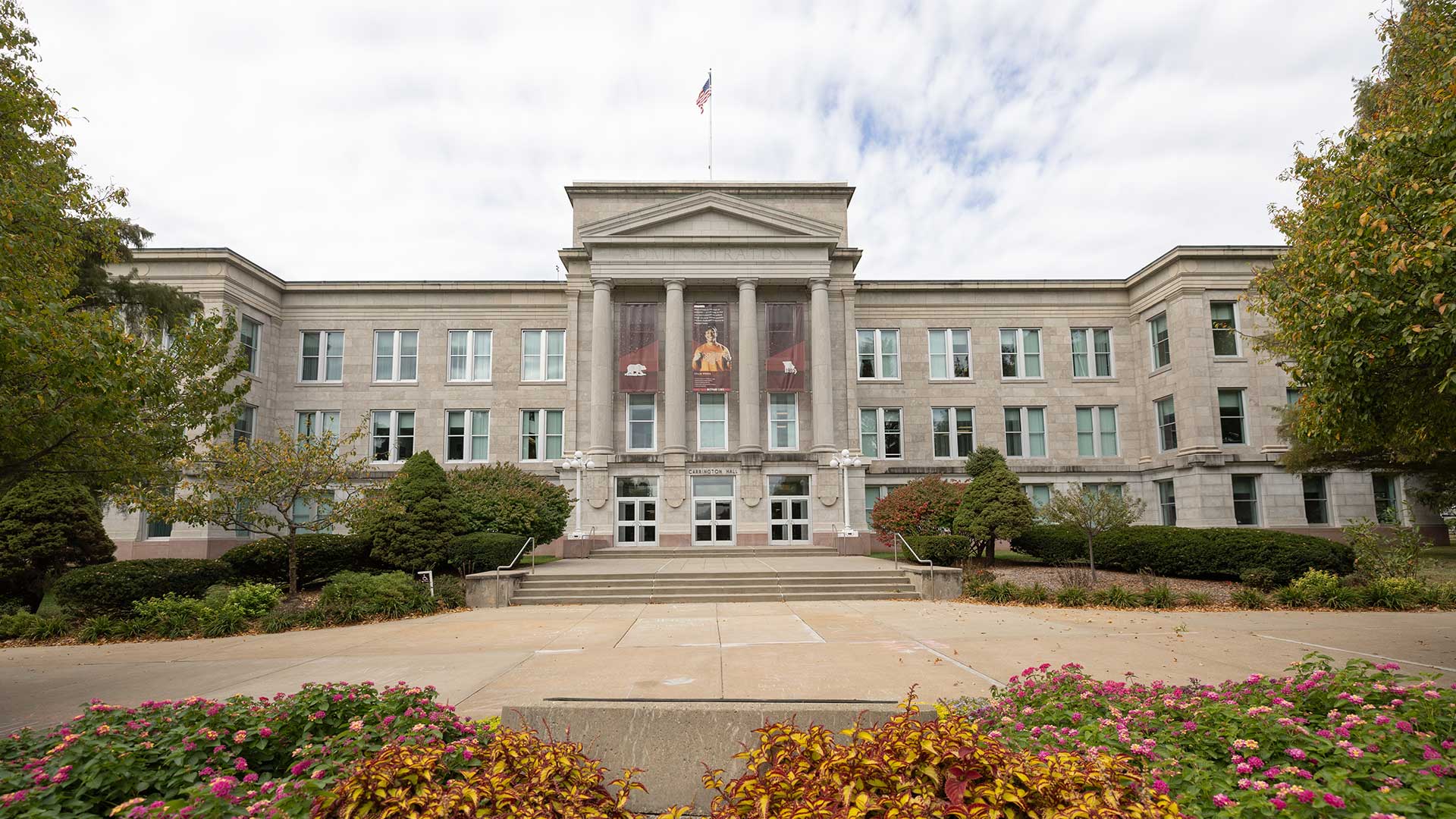In fulfilling its mission, the university adheres to a set of educational and administrative policies which are essential to the maintenance of a learning environment and which fosters a sense of community and public accountability.
The university is committed to freedom of thought and inquiry for both faculty and students. This commitment ensures that faculty have the freedom to teach, conduct research, exercise creativity, and publish in their professional capacity without restraint or fear of reprisals. Academic freedom is essential to the university's instructional and research activities. An open instructional environment is essential for the protection of the rights of faculty to teach and of the students' freedom to learn. Freedom in research and creativity is fundamental to the advancement of truth.
In return, faculty and students conducting research or other creative/scholarly activity as part of the academic enterprise do so in a responsible and ethical manner. Responsible conduct of research includes (but is not limited to) compliance with federal regulations related to the health/safety of the researchers, their subjects, and the environment. Training for specific compliance requirements, and information to prevent research misconduct or unethical research activities are available from the office of research administration.
As a state-assisted public institution of higher education, Missouri State University is accountable for the fiscal management of funds received from public, business, philanthropic, and private sources. The university also recognizes its responsibility for educational outcomes relevant to individual and social needs, and for the effective administration of its programs. The university is committed to the concept of public accountability in the broadest sense. Such a commitment obligates the university to: (1) define institutional goals and priorities, (2) determine the degree to which goals are achieved, (3) identify and measure the outcome of its programs, and (4) measure the costs and benefits of programs. Inherent in those obligations is a commitment to systematic institutional planning and to continuous program review and evaluation to ensure maintenance of quality and excellence.
While it is impossible to specify all relevant University policies, the more salient ones are herein identified.
